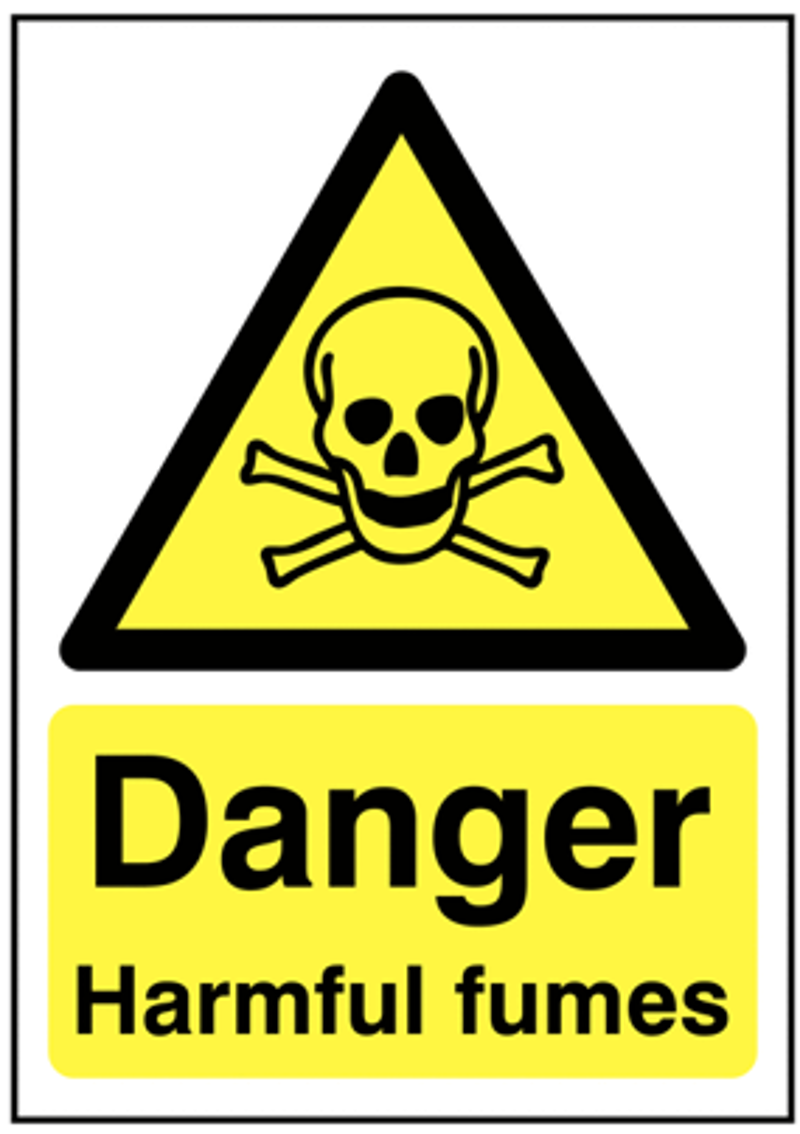Small boat crew exposed to FPSO process water discharge (fumes and aerosol)
- Safety Flash
- Published on 1 July 2023
- Generated on 10 July 2025
- IMCA SF 16/23
- 3 minute read
Jump to:
During diving operations on a live FPSO, the deck crew on the Light Dive Craft (LDC) and Fast Rescue Craft (FRC) were exposed to fumes and aerosols from the FPSO process water discharge.

During diving operations on a live FPSO, the deck crew on the Light Dive Craft (LDC) and Fast Rescue Craft (FRC) were exposed to fumes and aerosols from the FPSO process water discharge. The exposed personnel showed symptoms i.e., nausea, headache, a metallic taste in the mouth, and sore throat.
During the operation, environmental conditions changed, which meant that natural dispersal of fumes and aerosols did not occur as anticipated where the dive craft was moored. Also there was an increased volume of discharge, due to process shifting activities.
When the situation was realised the operation was immediately stopped, the craft was brought back to the mother vessel and the personnel involved were medically examined by the hyperbaric nurse.
What went right?
- Stop the job – When the situation was realised the operation was immediately suspended, and actions taken.
- Onsite emergency response actions – exposed personnel were medically examined, and investigation of the event and the content of the discharged process water was immediately started.
- Shore-side support response actions – shoreside response teams from all involved parties worked in cooperation to give the best support.
- Communication between client, contractor and involved personnel (both on site and onshore).
- Long term follow-up of exposed personnel including correct reporting to authorities.
What went wrong?
- The prevailing risk assessment was based on previous experience at the same work site, which was that the process discharge had an unpleasant smell, contained a small amount of oil and that known chemicals may be added.
- There was inefficient communication between the installation and the dive crew and within the dive crew. On this particular occasion it was concluded afterwards that the discharge, due to process shifting activities, had an increased volume. This was not communicated to the dive crew – they were unaware of this.
- The deck crew on the LDC/FRC did not discuss their observations and symptoms between themselves which led to a delay in notification and consequently a longer exposure time.
- The environmental conditions were shifting, it was a change in wind direction that caused a lee along the FPSO hull resulting in the blow off of fumes and aerosols not dispersing. This was not noted and consequently did not result in any change in setup.
Actions
- Need for improved communication between stakeholders at the worksite, particularly between crews and shifts:
- Ensure everyone involved in an operation is properly briefed at a toolbox talk.
- Ensure good and thorough communication between vessels working together on an operation.
- Ensure everyone involved in an operation is properly briefed at a toolbox talk.
- Develop a deeper understanding of the risks involved with process water discharge:
- What are the chemicals involved?
- How volumes and quantities may change etc.
- Ensure this is included in risk assessment and discussed in toolbox talks.
- What are the chemicals involved?
- Watch out for changing environmental conditions or weather conditions that can affect operations.
- Consider a physical barrier to route the produced water away from the dive location, either via the ballast water management system or by another route.
- Perform familiarisation meetings for all involved key personnel. Familiarisation meetings should be held before the operations, and should be repeated regularly to ensure good handover with new personnel offshore following crew changes.
- Ensure that appropriate information is communicated and understood by both shifts on the crew, and that Hazid/Hazop reports are available in good time offshore to allow for familiarisation, safe planning and execution.
Related safety flashes
-
IMCA SF 02/22
20 January 2022
-
IMCA SF 15/21
2 June 2021
-
IMCA Safety Flashes summarise key safety matters and incidents, allowing lessons to be more easily learnt for the benefit of the entire offshore industry.
The effectiveness of the IMCA Safety Flash system depends on the industry sharing information and so avoiding repeat incidents. Incidents are classified according to IOGP's Life Saving Rules.
All information is anonymised or sanitised, as appropriate, and warnings for graphic content included where possible.
IMCA makes every effort to ensure both the accuracy and reliability of the information shared, but is not be liable for any guidance and/or recommendation and/or statement herein contained.
The information contained in this document does not fulfil or replace any individual's or Member's legal, regulatory or other duties or obligations in respect of their operations. Individuals and Members remain solely responsible for the safe, lawful and proper conduct of their operations.
Share your safety incidents with IMCA online. Sign-up to receive Safety Flashes straight to your email.